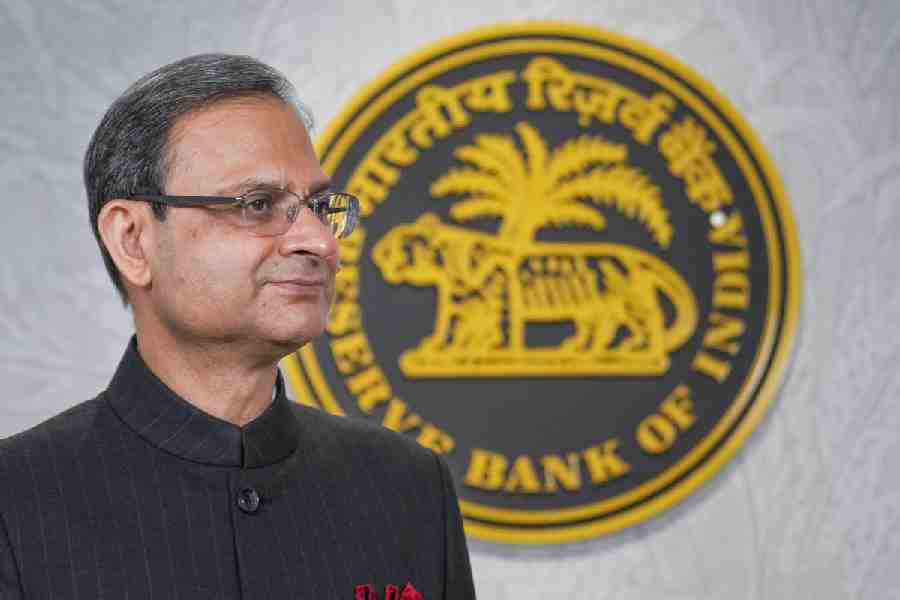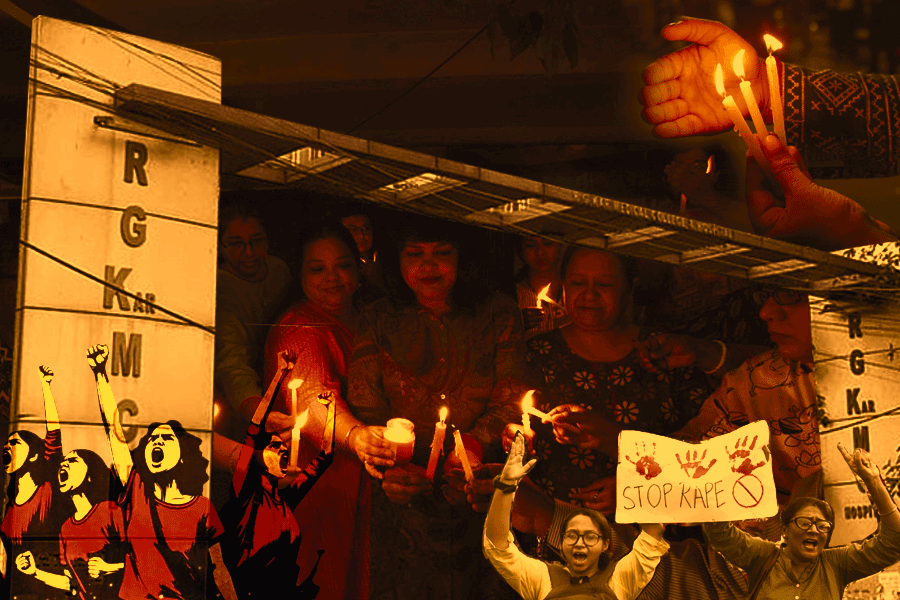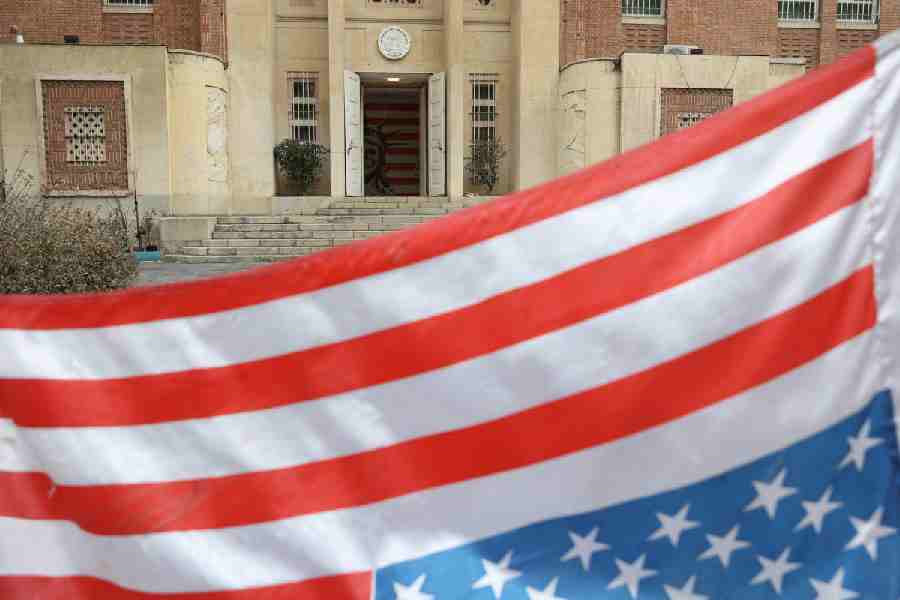The organisers of the indefinite sit-in against the new citizenship matrix in front of Haj House in Kadru have formulated guidelines for those who deliver speeches at the protest venue, which has come to be known as Jharkhand’s Shaheen Bagh.
The move is being seen as an attempt to avoid legal hassles and sedition cases similar to the one slapped on JNU research scholar Sharjeel Imam after a video of his purported speech surfaced on social media.
Spokesperson for the Kadru protesters, Tanweer Ahmed, said the guidelines were also aimed at keeping out disruptive elements who sought to defame the peaceful agitation.
Ahmed was referring to Gunja Kapoor, a woman YouTuber who was detained at Delhi’s Shaheen Bagh on Wednesday after the protesters caught her allegedly videographing conversations clandestinely, allegedly with a device hidden under her burqa.
On Twitter, Kapoor describes herself as the curator of YouTube channel “Right Narrative” and boasts of Prime Minister Narendra Modi as one of her followers.
“The Gunja Kapoor episode has exposed the ugly design of the BJP to polarise people on communal lines and corner leaders such as Arvind Kejriwal ahead of the Delhi election,” Ahmed said.
According to the guidelines formulated by the Haj House protest managing committee on Wednesday, no one can deliver any speech against the Constitution of India and support separation of any state or place from the country.
The guidelines also prohibit utterance of any word that can hurt the sentiments of any caste, creed or religion.
One cannot, the guidelines state, speak anything against great leaders and revolutionaries.
In fact, the rules forbid speakers from talking about anything other than the Citizenship (Amendment) Act, National Register of Citizens, unemployment, poverty, rising crimes against women and price hike.
“No volunteer can mount pressure on the stage manager,” the guidelines add.
Ahmed said many guests wanted to return in a hurry after delivering their speeches at the venue.
“The guidelines demand that they explain their urgency and show their travel tickets, if needed,” he said.
The rules also put a bar on statements related to the election speeches of any political party.
In case legal action is initiated against a speaker, the person who delivered the speech will be responsible and notthe organisers or those present at the venue, the guidelines mention.
“We are now insisting on an undertaking from the speakers saying that they will follow the guidelines and will be responsible for any legal consequences that their speeches might have,” Ahmed said.
On how the idea of formulating the guidelines came about, he said: “We are following Shaheen Bagh’s pattern. We have formulated the same guidelines that are being followed there.”
Encouraged by the anti-CAA protest at Shaheen Bagh for more than 50 days, women in the capital have been on a continuous sit-in near Haj House since January 20.
Except an incident of stone pelting by unidentified scooter-borne men on February 3, no untoward incident has occurred so far.
On Tuesday, CPM politburo member Brinda Karat addressed the gathering.
Other prominent personalities who have visited the venue include political analyst Yogendra Yadav, economist Jean Drèze, former MLA of Jaunpur (Uttar Pradesh)
Arshad Khan, former Union ministers Jaiprakash Yadav and Subodh Kant Sahay and Mahagama MLA Deepika Pandey Singh.










